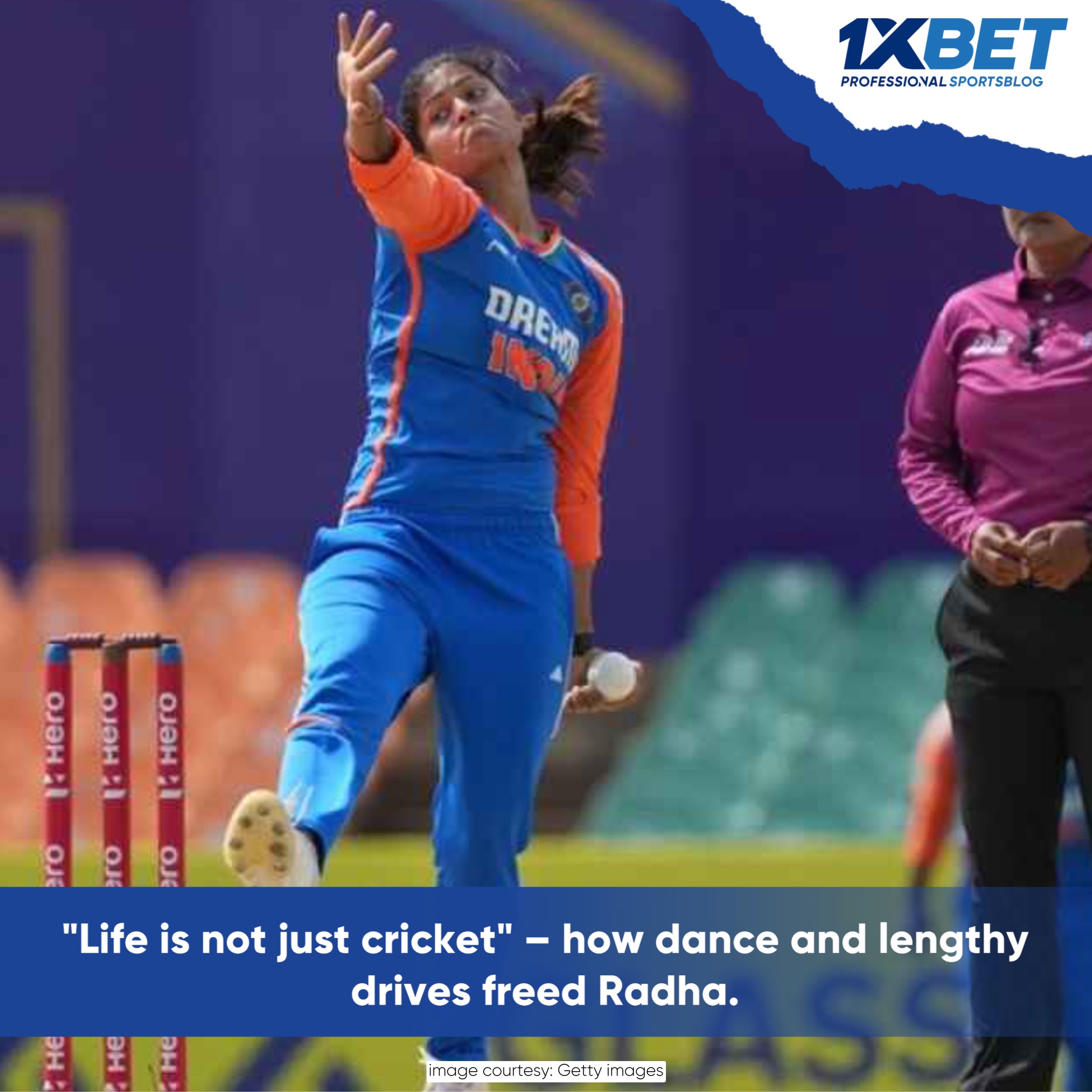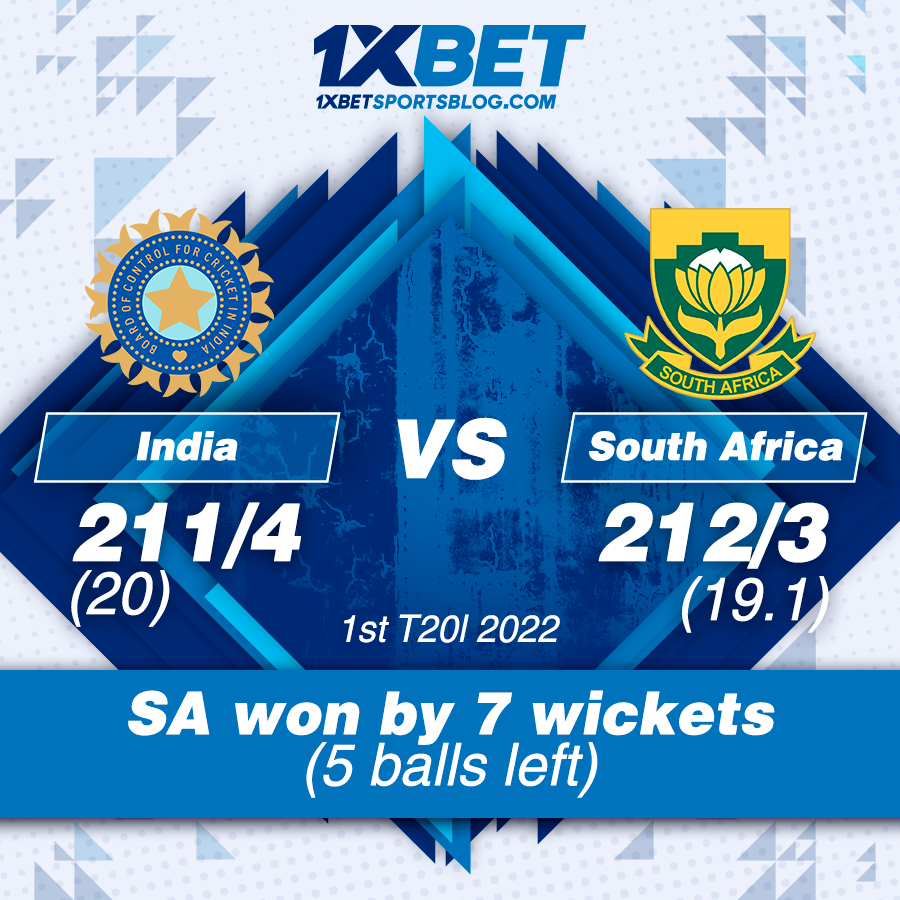The Hundred: A Catalyst for Unity and Growth in Women's Cricket

Charlie Dean was just 25 games into her international cricket career when a tough lesson was served to her by Deepti Sharma. In an incident that marred Jhulan Goswami's farewell and spurred a debate on sportsmanship, Deepti reminded Dean and the world that stealing ground is a penal offence.
Fast forward to 2024 at the same venue, the tension of the past was replaced by celebration as Deepti struck a final-ball six to secure a maiden title for the London Spirit in The Hundred. Deepti was warmly embraced by Dean and Heather Knight, the England captain who had been at the heart of the controversy, as they celebrated their victory.
The moment epitomizes the transformative power of T20 and franchise cricket. Recognizing the appeal of the T20 format, the ICC expanded the number of teams from 18 to 104 in 2018. The format has indeed acted as a catalyst for growth, particularly in women's cricket.
The advent of franchise cricket has facilitated a dissolving of conflict and formation of bonds amongst players that transcend national boundaries. This not only brings players closer at a human level but also has noticeably helped in narrowing the skill gap between international teams.
In women's cricket, Australia has long been the benchmark in many aspects. However, the increasing competition is evident as Australia faced different opponents in the last three T20 World Cup finals. This change is significantly due to the role of franchise cricket, which has been instrumental in creating a stronger chasing pack.
The Women's Premier League (WPL), two years old, has provided more opportunities for top-flight cricket in the women's ecosystem than ever before. Along with the nine-year-old Women's Big Bash League and four-year-old Hundred, the increased opportunities for A-list and domestic talent alike have proven game-changing for women's cricket.





